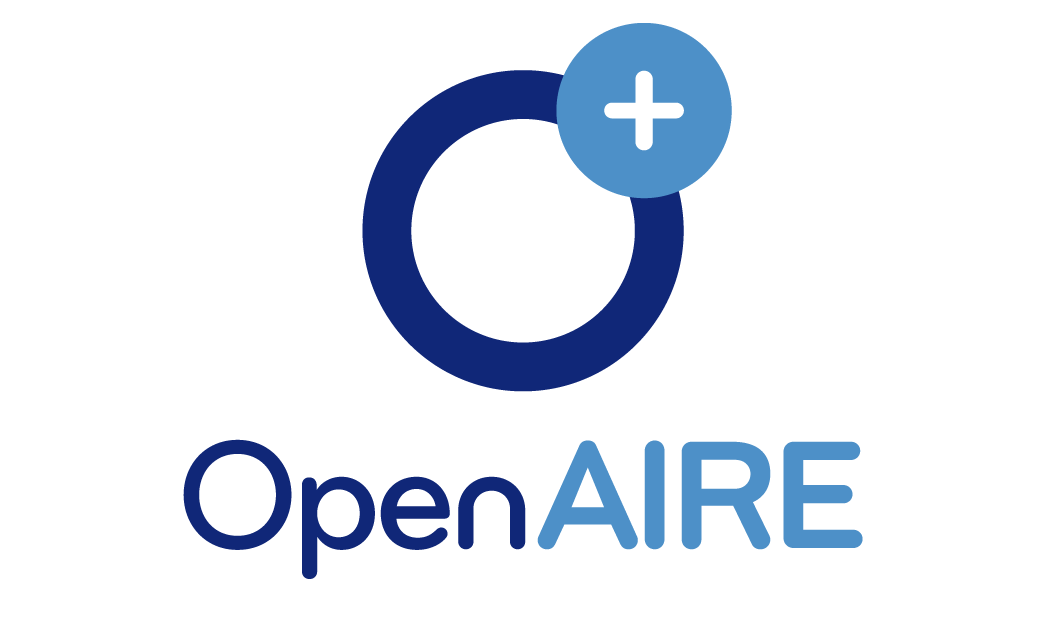ETHICAL CONSIDERATIONS RELATED TO THE USE OF LANGUAGE TO EVOKE EMOTIONS ON A PUBLIC LEVEL AND STUDY THE POSSIBLE EFFECTS ON INDIVIDUALS AND SOCIETY
Keywords:
linguistic ethics, public sentiment, emotions, responsible language use, empathy, cultural sensitivity, media influence, advertising practices, leadership, reflection, dialogueAbstract
This article examines the influence of linguistic ethics in arousing public sentiment. It explores the ethical considerations involved in using language to evoke emotions at a mass level and the potential impact on individuals and society. The study highlights the importance of responsible language use, empathy, and cultural sensitivity in shaping emotional responses. It also examines the role of media, advertising, and leadership in influencing public sentiment ethically. The article emphasizes the need for continuous reflection, dialogue, and improvement in linguistic ethics to foster positive emotional experiences and contribute to the well-being of society.
References
Adams, K., & Jefferson, G. (2018). Linguistic ethics in public discourse: The case of political apologies. Journal of Pragmatics, 137, 152-169.
Carrasco, J. (2020). Emotional contagion in interpersonal communication: A systematic review. Communication Research Reports, 37(2), 139-150.
Cho, H., & Lee, S. (2019). Ethical communication and public relations: A systematic review of literature. Corporate Communications: An International Journal, 24(2), 216-232.
Entman, R. M. (2012). Scandal and silence: Media responses to presidential misconduct. Wiley-Blackwell.
Jin, Y., & Pang, A. (2018). Ethical advertising and its impact on consumer trust: A moderated mediation model of advertising credibility and purchase intention. Journal of Business Ethics, 151(2), 549-562.
Karaman, D. G. (2019). Emotional intelligence and ethical communication in organizations. Journal of Business Ethics, 155(1), 125-138.
Matsumoto, D., & Hwang, H. S. (2019). Cultural influences on emotional expressions and perceptions: A view from linguistics. Emotion Review, 11(2), 165-174.
Pennebaker, J. W., & Seagal, J. D. (1999). Forming a story: The health benefits of narrative. Journal of Clinical Psychology, 55(10), 1243-1254.
Reber, R., Schwarz, N., & Winkielman, P. (2004). Processing fluency and aesthetic pleasure: Is beauty in the perceiver's processing experience? Personality and Social Psychology Review, 8(4), 364-382.
Searle, J. R. (1969). Speech acts: An essay in the philosophy of language. Cambridge University Press.
Bekmurodov, M., Akhmedova, F., & Kadirova, K. (2020). Study the process of harmonization formation of personal and professional qualities at students. International Journal of Psychosocial Rehabilitation, 24(S1), 597-605.
Kadirova, H., & Akhmedova, F. Sociological Analysis of the Nation's Identity, the Levels of Feeling the National Identity in Uzbekistan. International Journal of Innovative Technology and Exploring Engineering (IJITEE) ISSN, 2278-3075.
Akhmedova, F. (2018). Professional Education Pharmaceutical Personnel in Uzbekistan. Eastern European Scientific Journal, (6).
Ахмедова, Ф. М. (2020). Подход восточных мыслителей к проблеме формирования личностных и профессиональных качеств у молодого поколения. Журнал социальных исследований, 3(3).
Medetovna, A. F. (2018). A Formation of Professional Competence At Future Pharmacists. Asian Studies, 36(2), 1-5.
Buvabaevna, K. H., & Medetovna, A. F. Development And Preservation Of Karakalpak Ethnic Culture. Multidisciplinary Approaches in the Current Times, 63, 63-70.
Medetovna, A. F. (2021). Harmonization of professional and personal competencies in future pharmaceutical personnel. Thematics Journal of Sociology, 5(2).
Akhmedova, F., & Rozikova, R. (2021). THE UNIVERSITY TEACHERS’PERCEPTIONS OF PEER OBSERVATION. EurasianUnionScientists, 4-9.
Ахмедова, Ф. М. (2021). ATTITUDE OF YOUNG PEOPIE TO EDUCATION. ЖУРНАЛ СОЦИАЛЬНЫХ ИССЛЕДОВАНИЙ, 4(4).
Akhmedjanova, D., & Akhmedova, F. (2022). Transition to online learning in Uzbekistan: Case of teaching academic English at Westminster International University in Tashkent. In International Perspectives on Teaching and Learning Academic English in Turbulent Times (pp. 130-140). Routledge.
Kutlimuratova, D. A., & Yuldasheva, S. S. (2023). TIL TA’LIMIDA QUIZIZZ PLATFORMASINING IMKONIYATLARIDAN SAMARALI FOYDALANISH. QUALITY OF TEACHER EDUCATION UNDER MODERN CHALLENGES, 1(1), 457-468.
Юлдашева, Ш. Ш., & Уразбаева, Д. А. (2017). PROVIDE WITH DIDACTIC FACILITIES IN THE PROCESS OF TEACHING NATIVE LANGUAGE. Актуальные научные исследования в современном мире, (5-1), 140-145.
Shukurlaevna, Y. S. (2022). IMPROVING THE METHODOLOGY OF DEVELOPING STUDENTS'METALINGUISTIC COMPETENCES. American Journal of Interdisciplinary Research and Development, 9, 170-174.
Eshboy, K., & Shukurlaevna, Y. S. (2021). Statistical and Semantic Parameters of Attributive Compounds-Means to Differentiate Uzbek Literary Language. American Journal of Social and Humanitarian Research, 2(9), 40-47.
Yuldasheva, S. S. (2021). The issues of digitalization of uzbek language teaching in the context of innovative education. In TÜRK DİLLƏRİNİN VƏ ƏDƏBİYYATININ TƏDQİQİ VƏ TƏDRİSİNİN AKTUAL PROBLEMLƏRİ (pp. 501-505).





